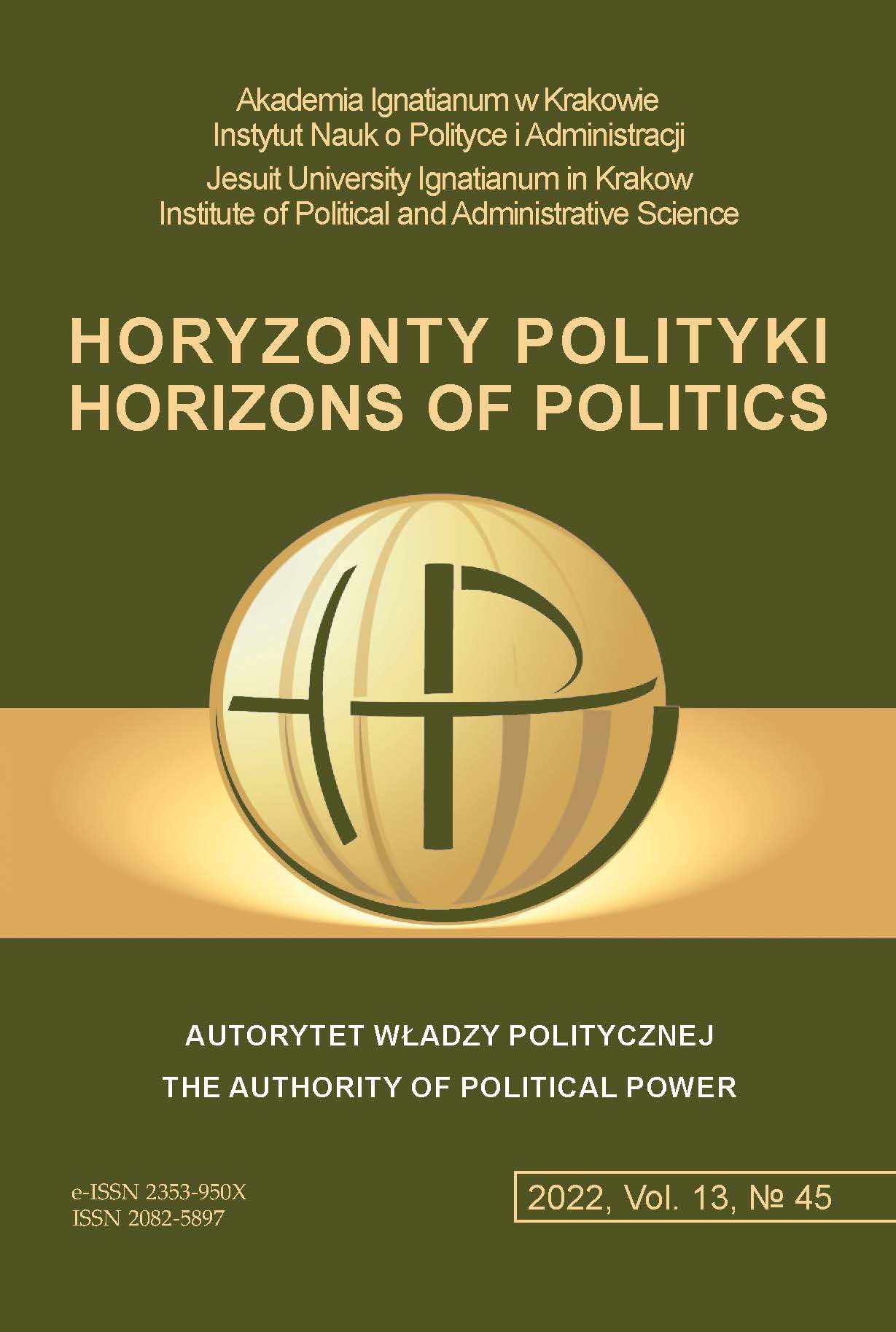Fenomenologia autorytetu w ujęciu Alexandre Kojève’a
Alexandre Kojève’s Phenomenology of Authority
Author(s): Damian WinczewskiSubject(s): Political Philosophy, Phenomenology
Published by: Uniwersytet Ignatianum w Krakowie
Keywords: phenomenology; political power; authority; constitutional theory;
Summary/Abstract: Research Objective: The research aim of the article is to present the theory of the authority of Alexandre Kojève, discussing his philosophical assumptions and political implications. The Research Problem and Method: he main problem analyzed in this article is to discuss the political implications of applying the phenomenological method to the concept of authority. Kojève’s philosophy is an attempt at critical reflection that results in a phenomenological separation of authority from force and violence, leading to interesting conclusions that stable political power cannot be based on violence, but must be based on the peaceful rule of law. The Process of Argumentation: The article reconstructs the successive phases of Kojève’s theory of authority, presenting the importance of the philosopher himself in culture, then discussing his definition of authority and the resulting political conclusions. Then the vision of a universal and homogeneous state based on the supremacy of the judiciary was reconstructed. Finally, the text ends with a critical sumarry of Kojève’s proposal. Research Results: On the one hand, there are presented the weaknesses of the philosophical reflection of the text’s protagonist, which are founded on intuitive and subjective speculation on the issue of authority. On the other hand, Kojève’s reflection contains many significant reflections on contemporary democratic theories and their imperfections. His analyzes can be treated as one of the perspectives explaining today’s problems of European integration. Conclusions, Innovations, and Recommendations: The article in conclusions shows how philosophical theoretical thinking is able to identify significant problems of European integration.
Journal: Horyzonty Polityki
- Issue Year: 13/2022
- Issue No: 45
- Page Range: 11-30
- Page Count: 20
- Language: Polish

